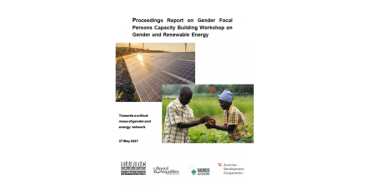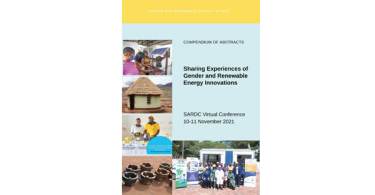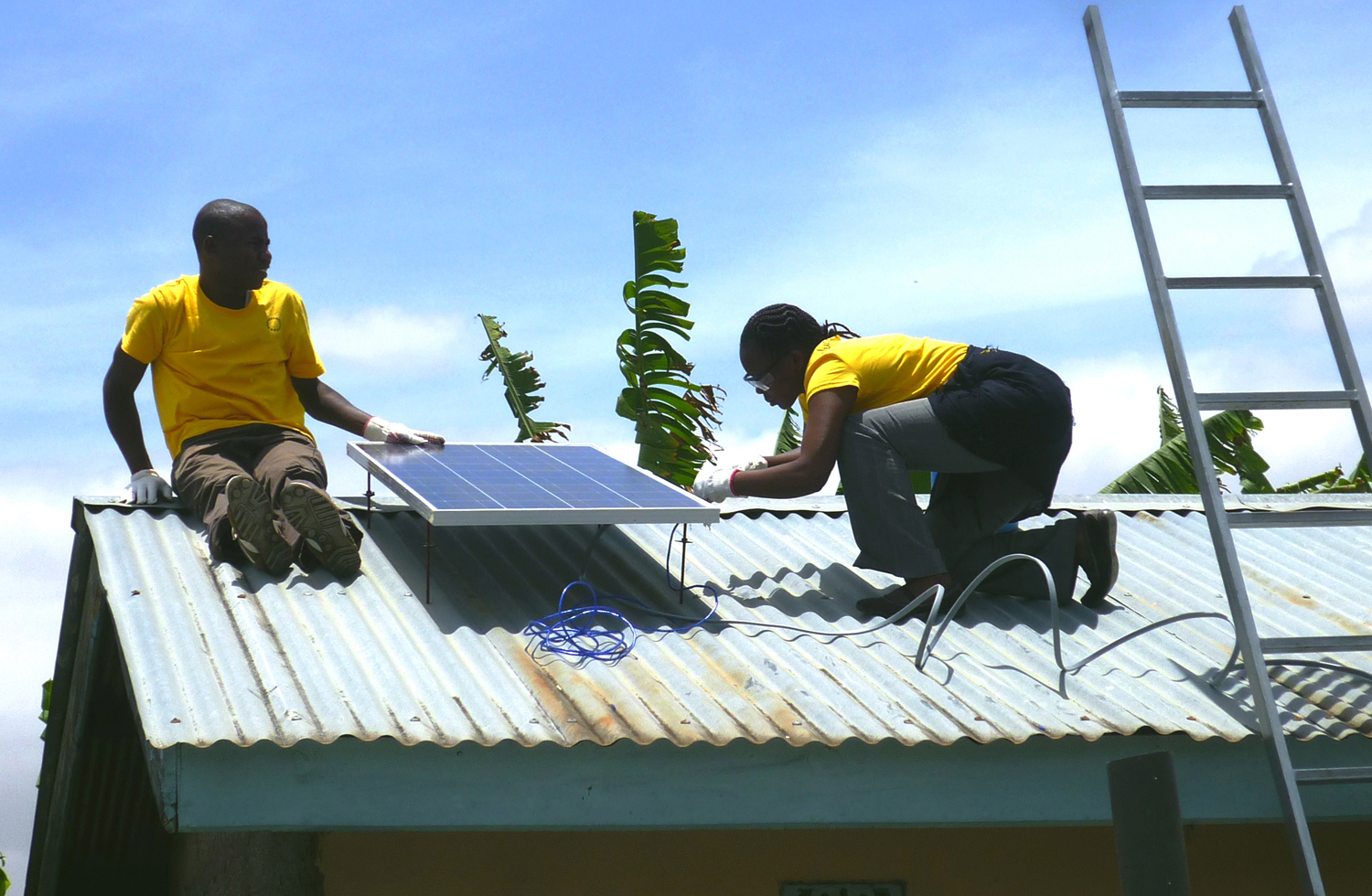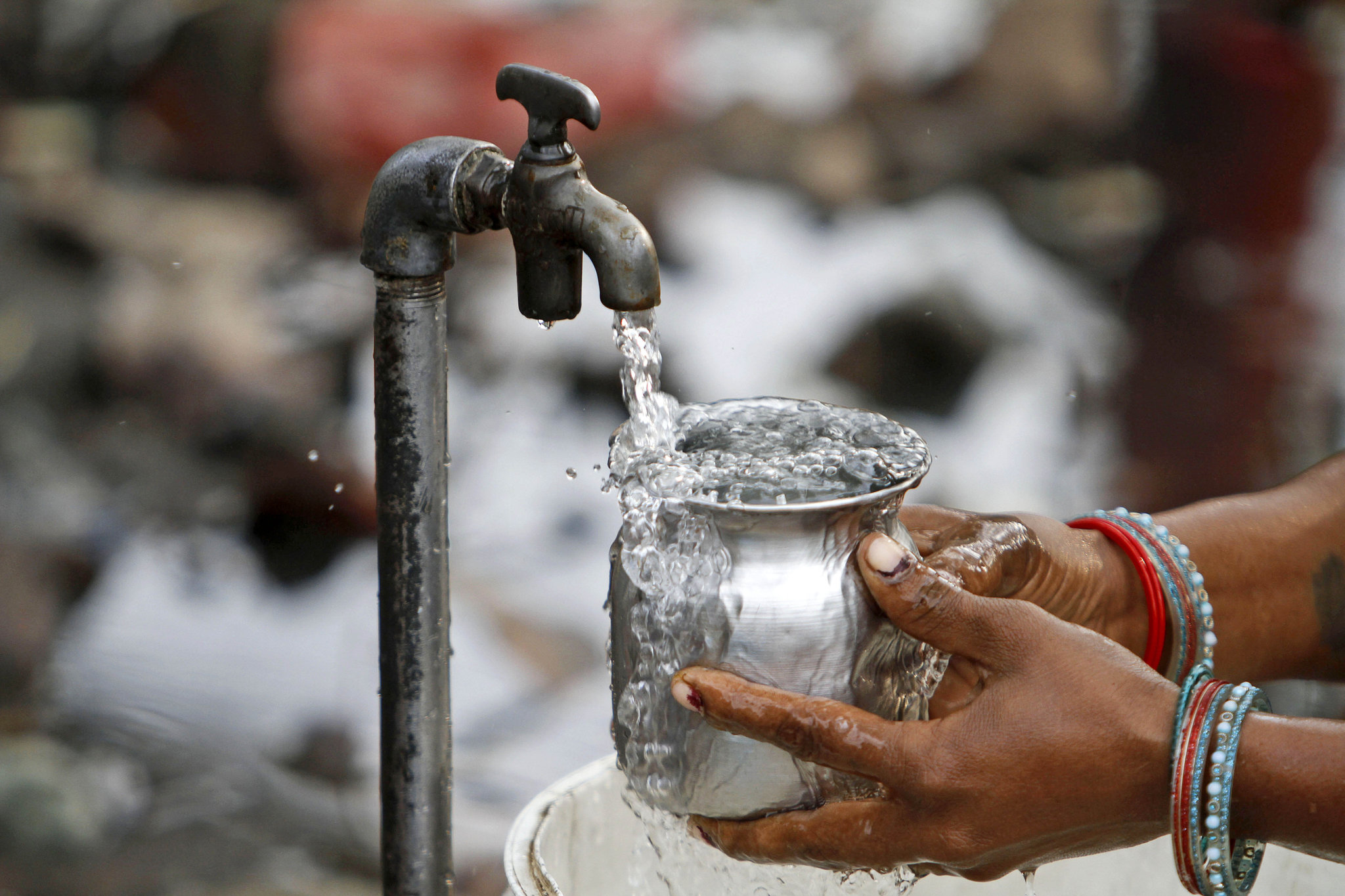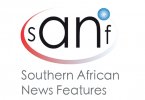The Southern African Research and Documentation Centre (SARDC) in collaboration with the SADC...
This portal, a first of its kind in the region, is a knowledge hub with reliable and easily accessible information on how renewable energy can contribute to regional integration and be positioned as a liberating factor for women and a key enabling factor to allow women to play an equal role in development.
This space is designed to facilitate and increase the sharing of knowledge on renewable energy and how it is used differently by women and men, as well as to facilitate an exchange of ideas among stakeholders, particularly on how to liberate women from the role of carriers of wood and water. Among the items you will find here are news features, publications, strategic and policy documents, multi-media materials, and stakeholders in the sector.
The portal is an initiative of the Southern African Research and Documentation Centre (SARDC) through collaboration by two of its institutes – the Beyond Inequalities (BI) Gender Institute and the Regional Economic Development Institute (REDI). SARDC is an independent regional knowledge resource centre established in 1985 to strengthen regional policy perspectives and track implementation on a range of issues in southern Africa, and works in partnership at national and regional levels. SARDC is made up of topical institutes that focus on relevant regional processes, and has a long track record of achievements, in partnership with the Southern African Development Community (SADC) and others.
To contribute to the portal please send the information to nkampilipili@sardc.net, copying redi@sardc.net and dmajaha@sardc.net
This initiative is the result of a partnership on Gender Mainstreaming in the SADC Renewable Energy Sector, implemented in collaboration with the Energy Division and the Gender Unit of the SADC Secretariat, with support from the Austrian Development Agency (ADA).

